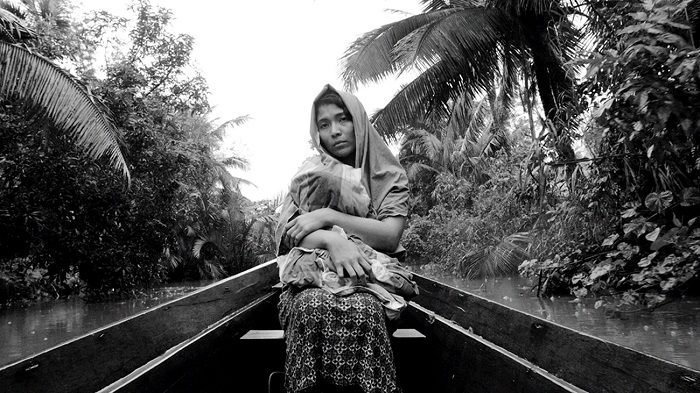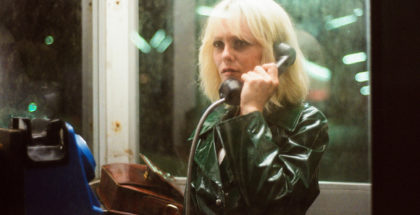MUBI hosts one-year retrospective of Lav Diaz
David Farnor | On 03, Oct 2016
MUBI has announced that will host an exclusive one-year retrospective of Lav Diaz, starting this weekend.
The subscription streaming service has made a name for its carefully curated carousel of arthouse films and old classics, with a new title arriving daily before being removed 30 days later. Stepping onto the wheel of world cinema is Filipino filmmaker Lav Diaz.
The director, who recently won the prestigious Golden Lion award at the Venice Film Festival 2016 for his film The Woman Who Left, is renowned for his epic narratives and sprawling, beautiful sagas, which explore the political and social conditions of the Philippines with a bold, uncompromising vision.
Never heard of Lav? Then this retrospective is for you.
MUBI founder Efe Cakarel says: “We’re tremendously excited to host a retrospective dedicated to Lav Diaz’s career featuring films that are nearly impossible to see outside of film festivals. With Lav winning an astounding three festival prizes this year, we feel it is more important than ever to provide access for audiences around the world to these extraordinary films and a unique and utterly vital voice in today’s cinema.”
The year-long season will start on Saturday 8th October 2016 with It’s About Time, with a new film added each month to MUBI’s line-up for streaming in the UK and around the world. A series of upcoming special events will also take place to mark the retrospective.
Following on from It’s About Time, the line-up will include:
EVOLUTION OF A FILIPINO FAMILY (2005)
HEREMIAS (2006)
MELANCHOLIA (2008)
ELEGY TO THE VISITOR FROM THE REVOLUTION (2011)
CENTURY OF BIRTHING (2011)
FLORENTINA HUBALDO, CTE (2012)
AN INVESTIGATION ON THE NIGHT THAT WON’T FORGET (2012)
FROM WHAT IS BEFORE (2014)
STORM CHILDREN (2014)
THE DAY BEFORE THE END (Short, 2016)
NORTE THE END OF HISTORY (2013) will also be showing on MUBI UK during the retrospective.
Lav Diaz comments: “MUBI’s forum for cinema is really commendable. I see it as a movement that pushes cinema to greater boundaries. And for a filmmaker like me, that really provides an impetus, an encouragement that’s genuinely needed. I feel that I am part of that greater discourse. Salamat for the Retrospective.”




















